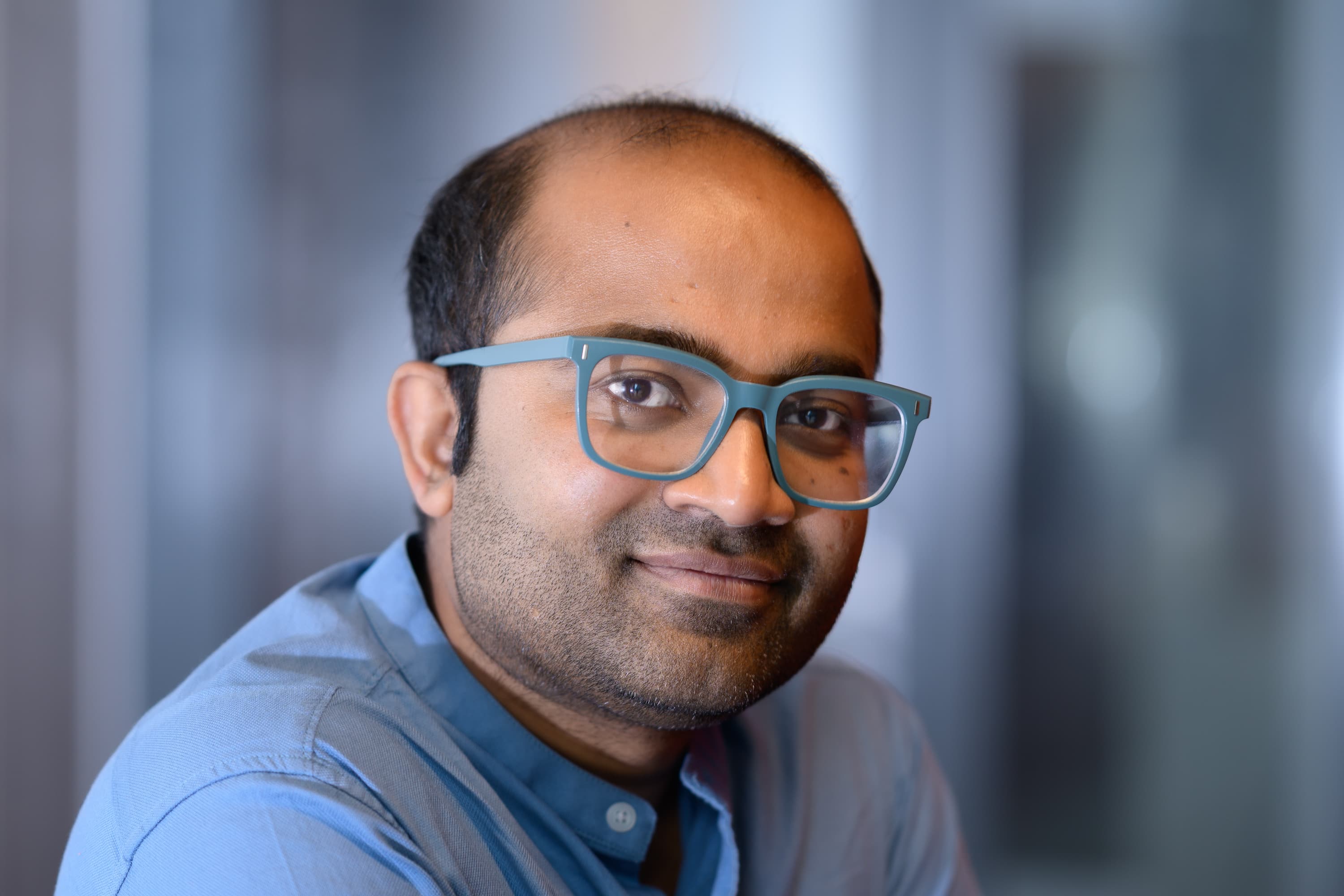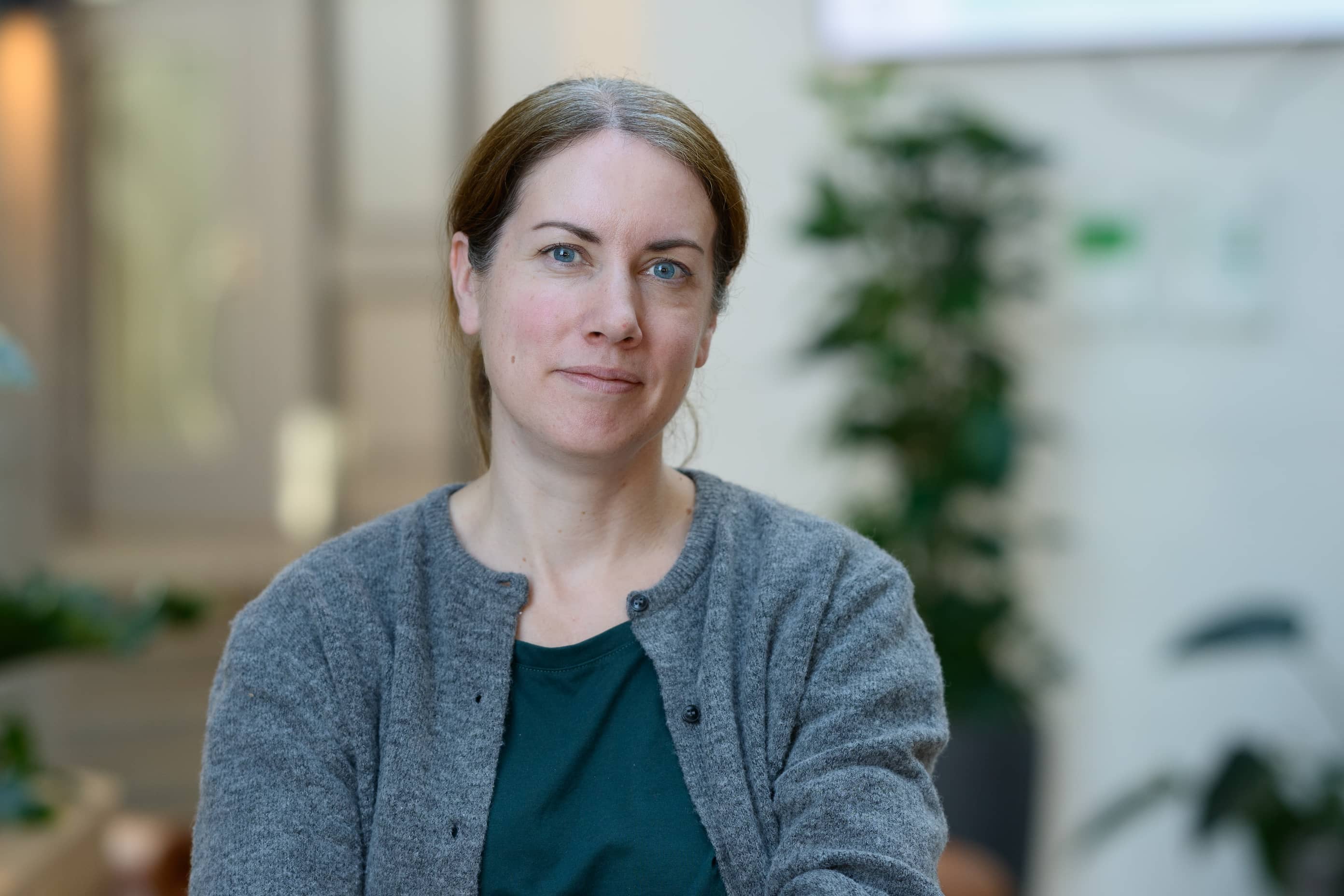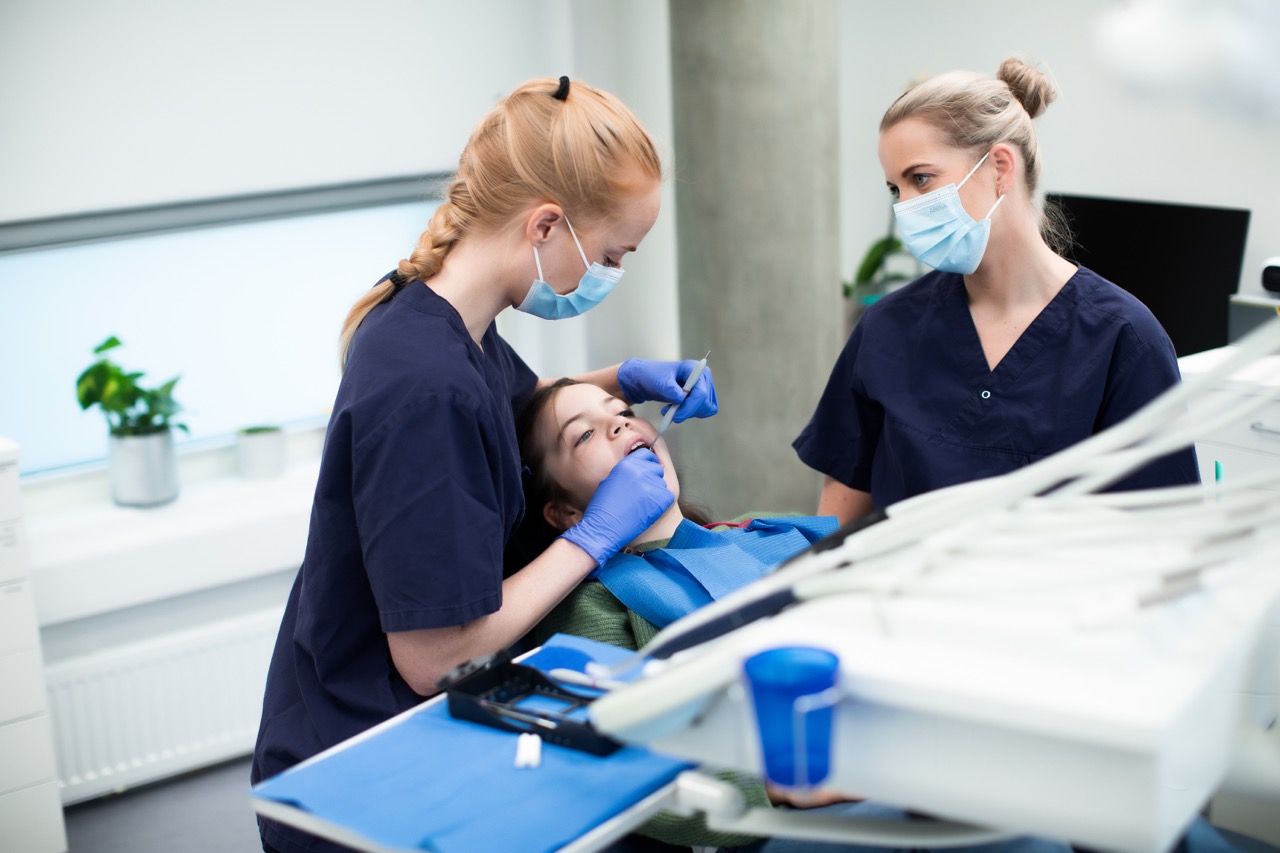Socioeconomic status, metabolic health, weight and association with oral health
SMAOH Projekt

Background
Oral health is a fundamental component of overall health and well-being. Despite its importance, it has often been overlooked by politicians and political leaders and considered a marginal health issue. Oral diseases, especially dental caries (tooth decay) and periodontal disease (gum disease), are among the most prevalent health problems globally. These conditions pose serious public health problems and create significant financial burdens on society. The 2015 Global Burden of Disease study identified untreated caries in permanent teeth as the most prevalent health condition worldwide, affecting 35% of the global population, or approximately 2.4 billion people. Consequently, addressing these two oral diseases is an urgent public health priority, requiring preventive action.
Several factors contribute to the development of these conditions, including both hereditary factors (such as genetic predispositions) and acquired factors (such as socioeconomic status, obesity, and smoking). Identifying these risk factors is critical to preventing dental caries and periodontal disease, which can lead to improved risk assessment and management of overall dental health.
This project is currently ongoing and MSc students, postdocs are involved in this project.
Purpose
The overall goal of this project is to investigate the cross-sectional and longitudinal association between body mass index mean BMI, long-term BMI changes, metabolic syndrome and its components, socioeconomic determinants, and oral health status (HUNT4). We will also consider association with clinically evaluated oral conditions, such as dental caries and periodontitis (substudy, Dental Health HUNT4 study).
Methods
We will use data from the Health Survey in Trøndelag (HUNT2-3-4).
Cooperating Institutions and External Financing
- NTNU
- Department of Clinical Dentistry, University of Oslo
- Oral Health Centre of Expertise in Eastern Norway (OHCE-E), Oslo
- Dentistry Competence Centre — TKVestland




















